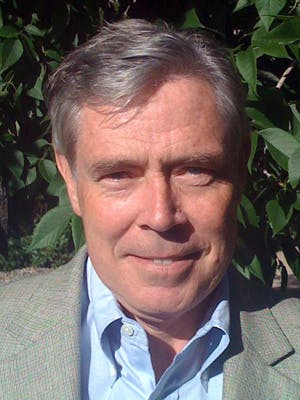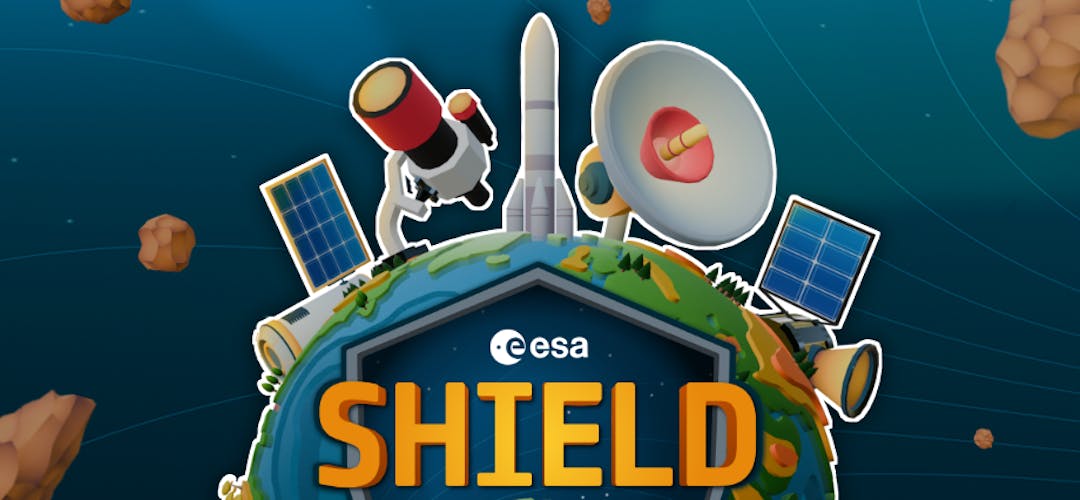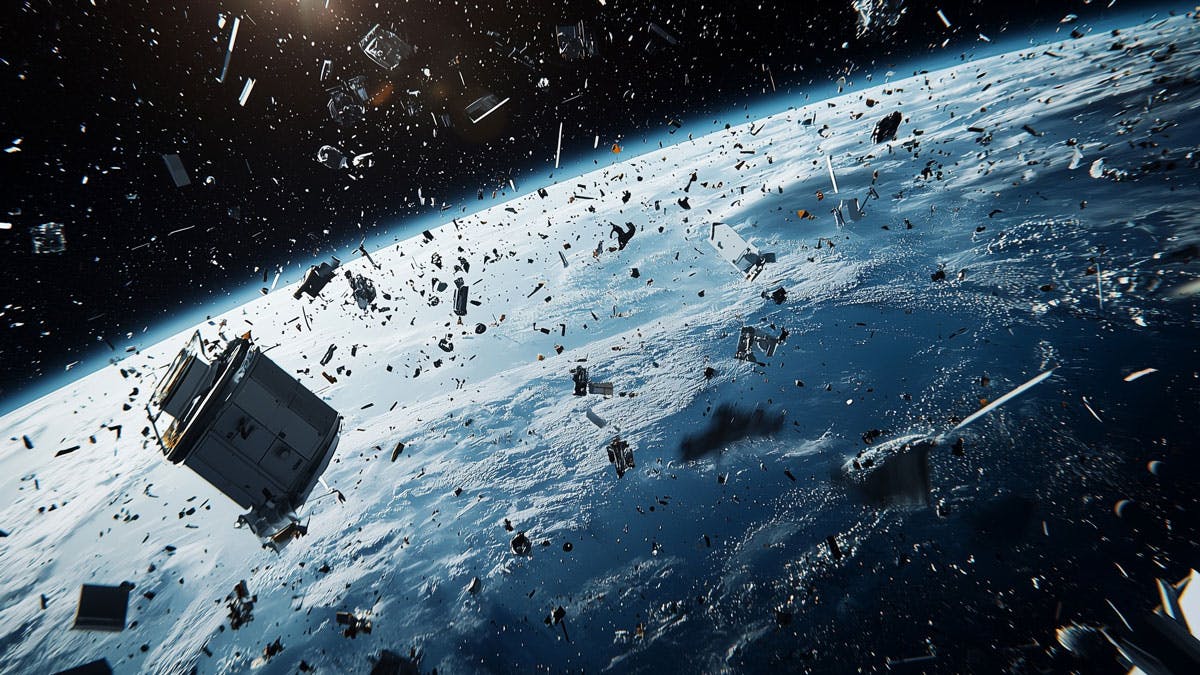Space @ TU Darmstadt
Space Technology - Space Missions - Interdisciplinary Topics
Open Lecture and Discussion for Members of TU Darmstadt and Guests
Is there space research at TU Darmstadt? The question is obvious, given that Darmstadt is known as "Europe’s Gateway to Space" thanks to being home to the European Space Operations Centre (ESA/ESOC) and the satellite operator EUMETSAT.
With the colloquium "Space @ TU Darmstadt," we organize an event series with a showcase character: on three to five evenings per semester, current and fundamental topics in space research are explored. In particular, the research conducted in Darmstadt will be highlighted here.





